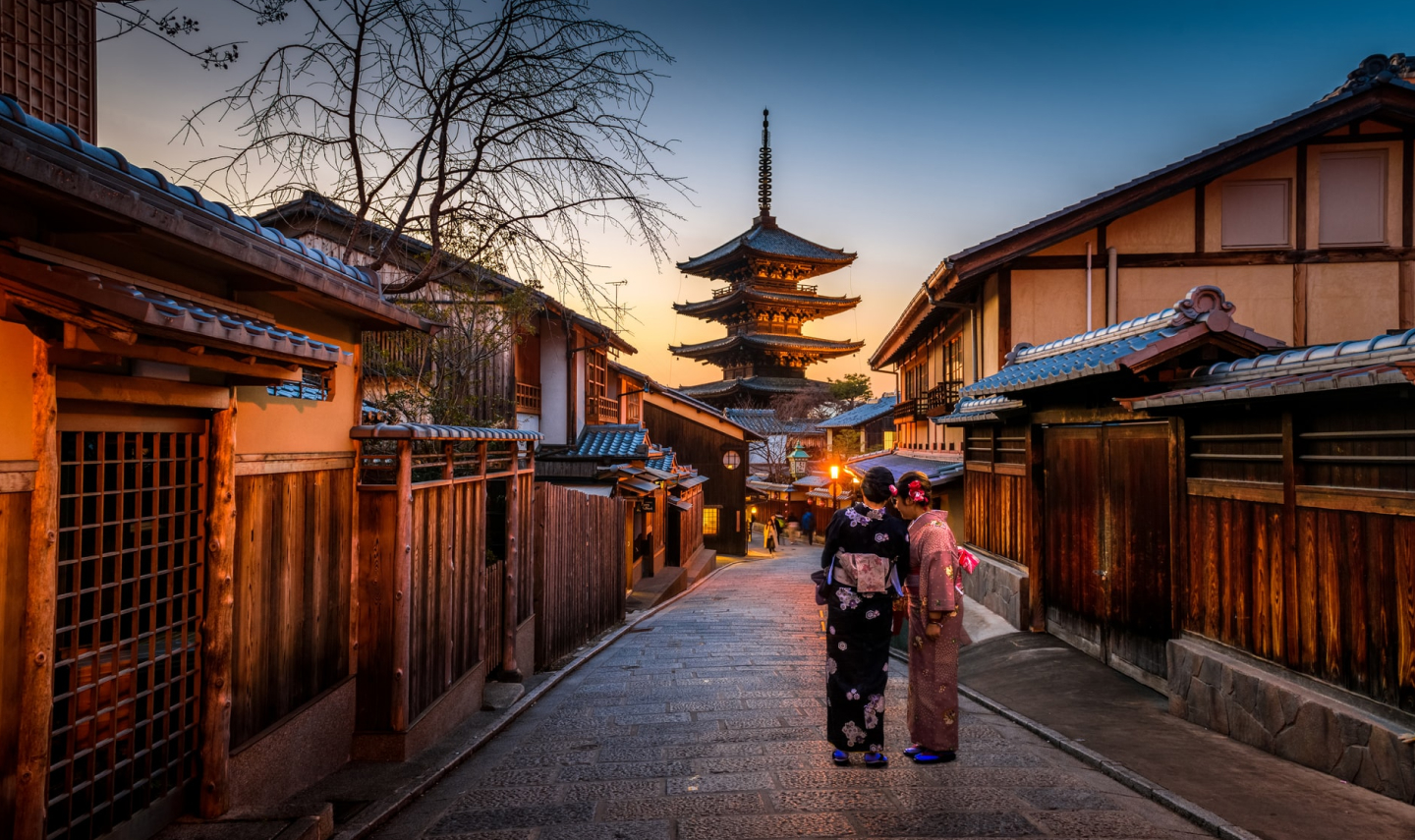Java holidays
Arguably the most cosmopolitan of Indonesia’s islands, Java is bursting with energy.
Reasons to love Java
Jakarta’s bohemian nightlife and extravagant shopping. Superb surf along the pristine coastline of Ujung Kulon and Pangandaran. Several National Parks protect lush pockets of Java's tropical wilderness, and the island's beautiful rural landscapes are characterised by vivid green plantations and paddies.
Jakarta
Capital city Jakarta is easily Indonesia’s most urban experience. It’s not for everyone, especially if you’re visiting for chilled out beaches or steamy jungles. But it’s undeniably fascinating - impossibly huge, creaking beneath a booming population, with international wealth and glossy ideals veneered over higgledy-piggledy infrastructure that teeters but (just about) holds it all up. Jakarta’s privileged do things with style; there’s some seriously luxurious accommodation, swish boutique shopping and, for nightlife, a heady mix of world class restaurants, lurid lights, bohemian chic, and markets serving up amazing street food long after dark.
Yogyakarta
Or Jogja, as it's known locally, balances Jakarta beautifully; long the seat of spirituality, culture and learning in Indonesia, this lushly beautiful region holds many of Indonesia’s finest temples and historic sites. Amongst the most superb is Borobudur, a 9th century Buddhist temple that, seen from above, is an immaculate mandala - a sacred space indeed, now protected by UNESCO. Hindu Candi Prambanan, an equally impressive cluster of elegant stone temples covered in evocative carvings, is likewise recognised as a site of international importance.
Bandung & Surabaya
Once a stately Colonial capital surrounded by tea plantations, and still characterized by fantastic old buildings and fertile green countryside, Bandung is booming as a vibrant weekend playground for Jakartans, with its cooler mountain climate providing respite from Indonesia’s typically balmy warmth. Over on Java’s north east tip, historic Surabaya is truly tropical, with tree-lined streets and a balmy climate, ideal for a stopover between Java and Bali or Lombok. It’s not the world’s most fascinating city, but there’s a good range of accommodation to suit all budgets, and an interesting Arab Quarter.
Mount Bromo & the Ijen plateau
Against a backdrop of picture-perfect cinder cones in East Java, volcanic Mount Bromo quietly puffs sulphurous smoke from deep within a vast mist-filled crater. An ambling brachiosaur wouldn’t look out of place in this primordial landscape, otherwise known as Bromo Tengger National Park - the place for spectacular sunrises and truly thought-stopping vistas. Further east lies Kawah Ijen, an ancient volcanic crater lake. Its turquoise waters look stunning, but banish thoughts of a dip - their pH rivals battery acid. Instead, head for the coast to dive or snorkel near the beautifully healthy coral reef offshore.
Borobudur
1,000 year old Borobudur is one of Java’s most impressive temple complexes, its concentric layers built to represent the tiers of Buddhist comprehension; indeed, view it from above and one sees a monumental mandala. For a truly exceptional moment, visit at dawn, working your way up the levels by torchlight to reach the top as the sun rises. If you can time your trip to coincide with the Waisak Festival, all the better; this substantial religious event celebrates the entire life of the Buddha, & takes place each year on a full moon in April or May.
Prambanan
Built in the 9th century AD and the largest Hindu temple in Indonesia, these temples were awarded UNESCO heritage status in 1991, and centre on three central shrines dedicated to Brahma, Vishnu and Shiva - the Hindu holy trinity.
A fortune founded in coffee
A fertile volcanic island whose mountainous interior nourished the first Indonesian coffee crops back in the 1690s, Java has been central to the country's socio-economic fortunes.
Influential Hindu and Buddhist kingdoms held court here during the first millenium, and remain visible in impressive ancient temples like Borobudur and Prambanan; the spread of Islam during 16th century also left a lasting impression, and most of Java's population are still practising Muslims.
Europe's colonising powers struggled for influence over the island over the past 500 years, and left a smattering of grand old Colonial buildings like the Majapahit Hotel in Surabaya, which also played a key role in the revolution that finally saw Indonesia's independence in 1949.
Speak to one of our
Concierge specialists

Start planning your tailor-made trip by contacting one of our Concierge specialists
Map of Java
Places on the map
-
Java












